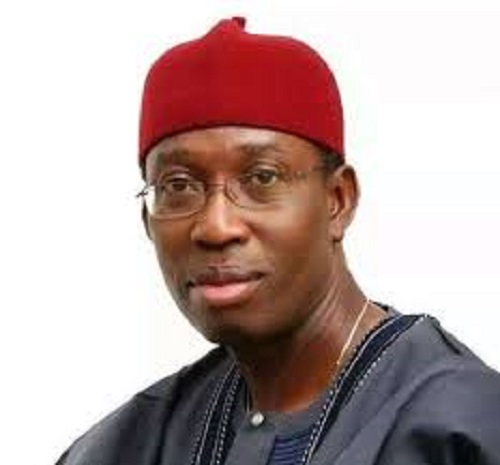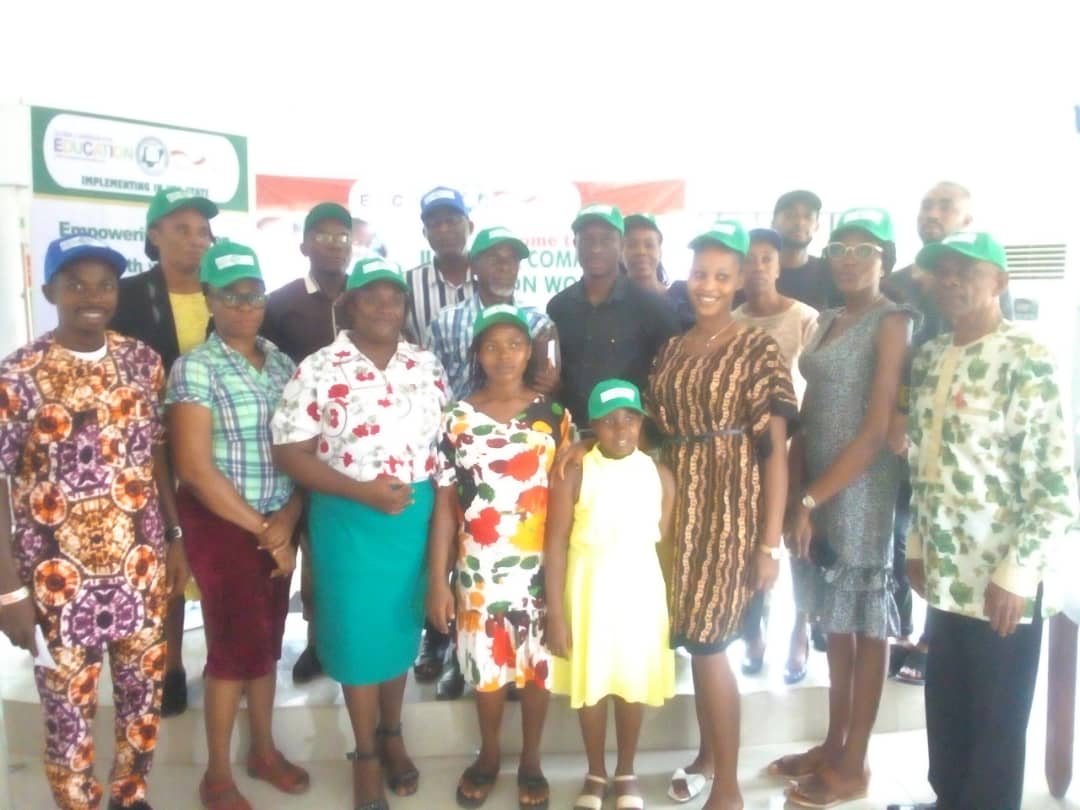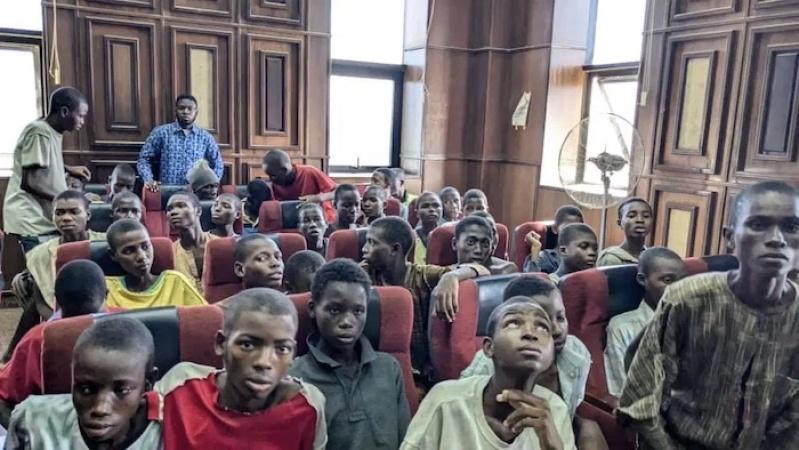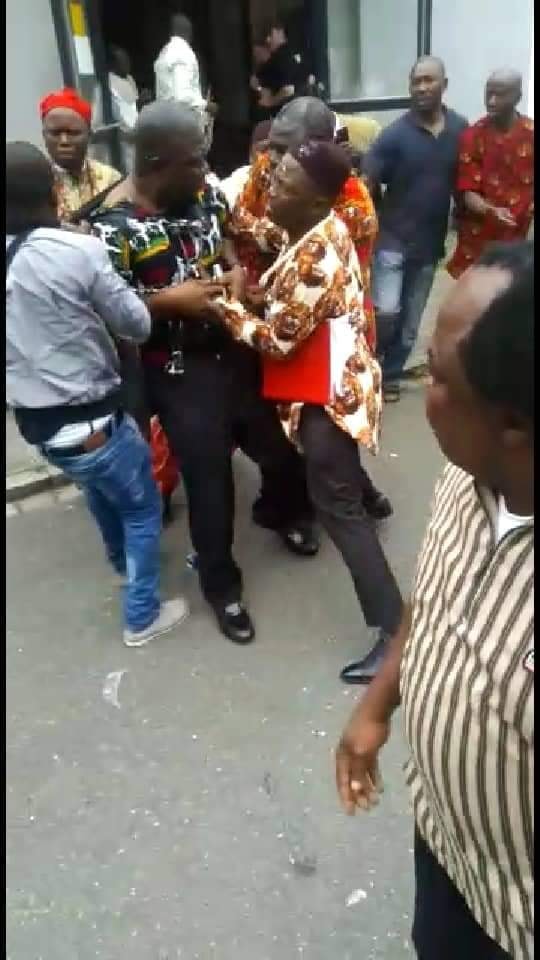Buhari to Economic Council: Brainstorm on how best to move economy forward
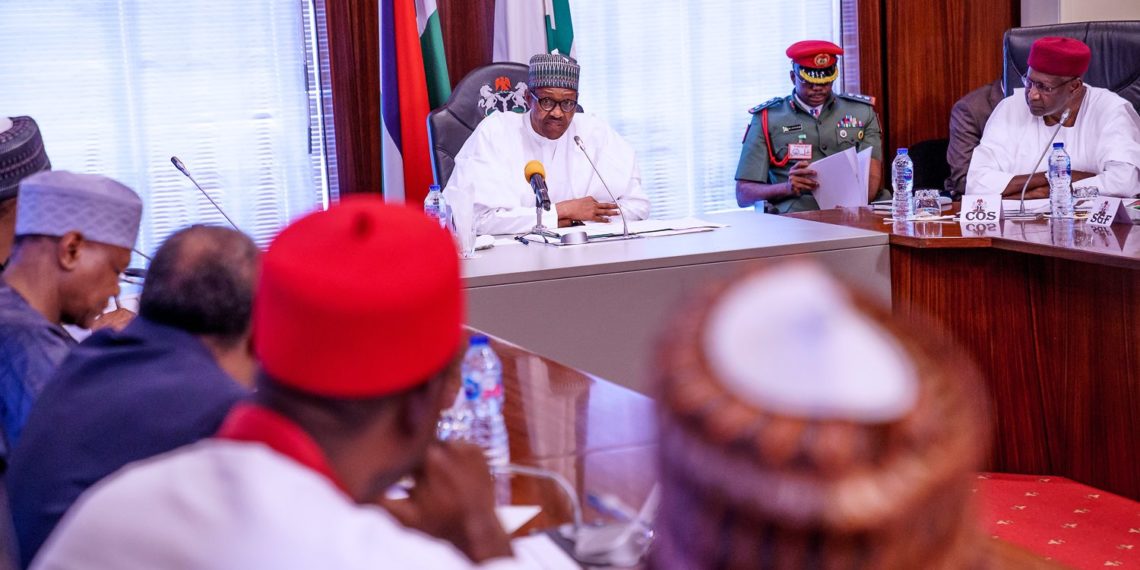
Augustine Ehikioya, Abuja
President Muhammadu Buhari on Wednesday in Abuja administered oaths of office on members of the newly constituted Presidential Economic Advisory Council (PEAC).
He also set an agenda of what they should accomplish in the shortest possible time, including brainstorming on how best to move the economy forward.
Speaking at a meeting with the 8-man Council chaired by Prof. Doyin Salami, President Buhari charged them to focus on developing reliable data that will properly reflect what is happening in the country.
He also described the task before the Council as most important national assignment.
Buhari, according to a statement by the Special Adviser on Media and publicity, Chief Femi Adesina, said “As you develop your baseline study, I would like you to focus on primary data collection.
‘‘Today, most of the statistics quoted about Nigeria are developed abroad by the World Bank, IMF and other foreign bodies.
‘‘Some of the statistics we get relating to Nigeria are wild estimates and bear little relation to the facts on the ground.
‘‘This is disturbing as it implies we are not fully aware of what is happening in our own country.
‘‘We can only plan realistically when we have reliable data. As you are aware, as a government, we prioritised agriculture as a critical sector to create jobs and bring prosperity to our rural communities.
‘‘Our programs covered the entire agricultural value chain from seed to fertiliser to grains and ultimately, our dishes.
‘‘As you travel in some rural communities, you can clearly see the impact. However, the absence of reliable data is hindering our ability to upgrade these programmes and assure their sustainability,” he said
The President also used the occasion to set agenda and expectations from the Council, constituted on September 16, 2019, to replace the Economic Management Team (EMT).
On the Social Investment Programmes (SIPs), the President told members that his administration was working to measure the impact of the programme targeted at improving the well-being of millions of poor and vulnerable citizens.
As such, the President said he had directed the new Minister for Humanitarian Affairs to commence a comprehensive data-gathering exercise in all Internally Displaced Persons (IDP) camps in the North East.
‘‘Today, we hear international organisations claiming to spend hundreds of millions of dollars on IDPs in the North East. But when you visit the camps, you rarely see the impact.
‘‘In 2017, when the National Emergency Management Agency took over the feeding of some IDPs in Borno, Yobe and Adamawa, the amount we spent was significantly lower than the claims made by these international organisations.
‘‘Therefore, actionable data is critical to implement effective strategies to address pressing problems such as these humanitarian issues.
‘‘I, therefore, look forward to receiving your baseline study as this will help us shape ideas for a sustainable and prosperous future,’’ the President said.
On his expectations from the council, the President urged them to proffer solutions on how to move the country and economy forward.
The President directed the Council to coordinate and synthesize ideas and efforts on how to lift 100 million Nigerians out of poverty in 10 years, working in collaboration with various employment generating agencies of government.
”I am told you worked throughout last weekend in preparation for this meeting.
”I have listened attentively to findings and ideas on how to move the country and the economy forward.
”Yes, Nigeria has exited the recession. But our reported growth rate is still not fast enough to create the jobs we need to meet our national ambition of collective prosperity.
”Reason being we had to tread carefully in view of the mess we inherited.
”Many of the ideas we developed in the last four years were targeted at returning Nigeria back to the path of growth.

